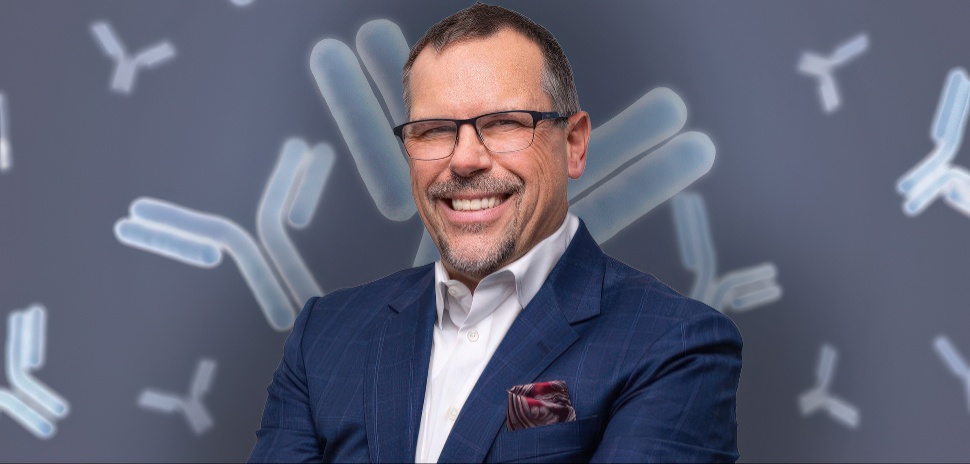Dallas-based biotech company Signify Bio has launched with an oversubscribed $15 million initial financing round. The round was led by by Actium Group with participation from the Gates Foundation Strategic Investment Fund, Danaher Ventures LLC, a subsidiary of Danaher Corporation, Eli Lilly and Co., and BrightEdge, the American Cancer Society’s venture capital arm.
Signify said it harnesses the human body for the production of in situ protein therapeutics.
“Signify Bio’s modular platforms offer an unprecedented opportunity to engineer personalized protein therapeutics directly within the body, addressing long-standing challenges in drug production, delivery, and efficacy,” Daniel J. Siegwart, Ph.D., co-founder and chief scientific advisor at Signify Bio, and director of the Program in Genetic Drug Engineering at UT Southwestern Medical Center, said in a statement. “With its versatility and adaptability, the company lays the groundwork for a new generation of precision medicine across a wide range of chronic and genetic disorders.”
Three unique platforms
Signify Bio said it is built on three proprietary and novel platforms encompassing both nucleic acid payloads and non-viral delivery systems designed to control the production, secretion, and localization of protein therapeutics directly within the human body.
The first, the company said, is its modular Signal peptide Engineered Nucleic acid Design (SEND) platform, which enables control over the secretion and localization of any nucleic acid encodable protein of interest. The second platform, iPhos, is a novel lipid nanoparticle delivery system based on ionizable phospholipid (iPhos) lipid nanoparticles (iPLNPs) engineered to maximize endosomal escape and tissue specificity, Signify said.
The third platform utilizes the company’s computational methods for design and discovery of novel signal peptides sequences.
Signify said that together, the platforms drive innovation in personalized protein therapeutics by combining the promise of signal peptide engineering with the speed and power of mRNA encoded design.
Born out of UT Southwestern to create personalized medicines
Originally conceived in the Siegwart Lab at University of Texas Southwestern Medical Center (UTSW), Signify Bio has access to a “world-class” team of scientists and cutting-edge technology through a strategic partnership with the university. Signify said the collaboration provides access to scalable LNP manufacturing and nucleic acid generation, broad expertise ranging from chemical synthesis to pre-clinical models and a core competency in chemistry and engineering all situated at UT Southwestern.
“The quality and diversity of our investor syndicate underscores the agility, flexibility, and broad applications for our proprietary platforms,” RA Session II, co-founder and CEO at Signify Bio, said in a statement. “The SEND platform and iPhos LNP system represent a groundbreaking step forward in nucleic acid therapeutics, transforming the human body into a biofactory for precise, targeted protein production.”
Session previously founded Dallas-based Taysha Gene Therapies, for which he served as president and CEO.
Replicating natural protein trafficking pathways
Signify Bio said that signal peptides enable secretion and localization of nucleic acid-encoded proteins, replicating natural protein trafficking pathways.
The SEND platform supports modular control over the secretion of proteins into systemic circulation and their localization to cellular organelles including the cell membrane, nucleus, lysosome, mitochondria, and synapse, among others, the company said. According to Signify, the iPhos LNP system allows for dose-dependent protein secretion from diverse cell types with compatibility across multiple routes of administration including subcutaneous, intramuscular, and intravenous.
“We’re thrilled to support Signify Bio in their mission to create personalized medicines that will revolutionize therapeutic protein delivery,” Jun Il Kwun, managing director of Actium Group and board chair at Signify Bio, said in a statement. “The exceptional team at Signify Bio, with their deep expertise in nucleic acid engineering, is uniquely positioned to bring these technologies to patients. Their groundbreaking innovations and commitment to addressing unmet medical needs will transform the field of genetic medicine.”
Founded in 2009 in Dallas, Actium Group is an investment firm that partners with the most promising life science and technology companies in North America, Europe, and Asia, providing multi-stage capital and managerial support through realization.
Don’t miss what’s next. Subscribe to Dallas Innovates.
Track Dallas-Fort Worth’s business and innovation landscape with our curated news in your inbox Tuesday-Thursday.































